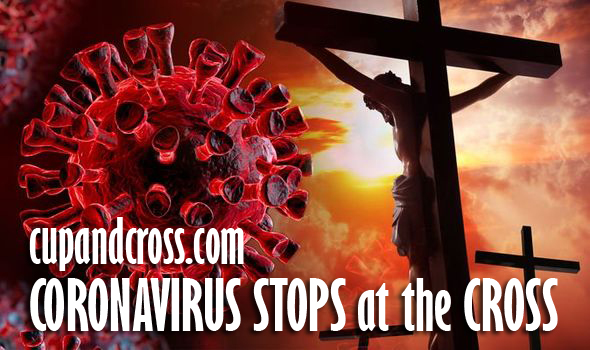10 New Insights on Fighting COVID-19: Increasing Immunity, Natural Action and Common Sense
- COVID-19 can live for some 24-hours on cardboard. Leave home-delivery shipments in garage for this time and then bring only inside contents into home after disinfecting them.
- Shave facial hair and consider removing fake fingernails or cutting long nails.
- Eucalyptus oil shows anti-viral activity as a vapor.
- Be careful with DIY hand-sanitizers – only those that have 60-70% alcohol content will be effective.
- Soap and water remove germs from skin, but hand sanitizer just reduces germs – per CDC.
- COVID-19 can also transmit through our eyes and tiny viral particles or aerosols, can penetrate masks and reusing masks can be a breeding ground for virus.
- MERV 13 filters capture airborne viruses and bacteria from coughs and sneezes. Clean air helps keep your immune system strong even though it might not remove COVID-19.
- Sucking on zinc lozenges at first signs of sickness can create barrier for COVID-19 to enter body.
- Steam for 5 minutes and dishwashers reaching a final rinse temperature of 150 degrees can disinfect pet bowls, scrub pads, some kids’ toys and more and drying laundry on hot cycle for 45 minutes is effective against certain viruses and germs.
- Worry only decreases your immunity to fight off viruses; prayer is proven to increase it.
Bulgarian Police Seizures of Church Properties in Conflict with Religious Freedom Commitments Action Inconsistent with Bulgaria’s OSCE Leadership Position
(Washington) – United States Helsinki Commission Chairman Rep. Christopher H. Smith (R-NJ) expressed alarm today over the widespread seizure of church properties in Bulgaria, which currently serves as Chair-in-Office of the Organization for Security and Cooperation in Europe. Bulgarian authorities raided more than 200 properties used by the alternative Bulgarian Orthodox synod for more than 10 years.
“I’m deeply distressed that Bulgarian police, with the apparent approval of the state prosecutor’s office, would forcibly seize some 200 churches and church-owned properties,” declared Chairman Smith. “While there may be disputes within the Bulgarian Orthodox Church, it is certainly not the proper role of government to interfere with internal church affairs. Unfortunately, Bulgarian authorities have abandoned neutrality and chosen sides, potentially endangering religious freedom.”
News reports indicate that throughout the day on July 21 Bulgarian police across the country expelled members of the alternative Orthodox synod of Bishop Inokentii, taking control of properties used by the synod. A longstanding church dispute between the Bulgarian Orthodox Church and the alternative synod has existed since they split in 1992.
The raids were discussed with Bulgarian Foreign Minister Solomon Passy, visiting Washington last week in his capacity as Chair-in-Office of the OSCE, in a meeting with Chairman Smith.
“Property issues should be decided by a court, not through legislative fiat or the unilateral actions of a state prosecutor and police,” said Chairman Smith. “Considering that Bulgaria is the current OSCE Chair-in-Office, I urge the Bulgarian Government to end this embarrassment, lead by example, and honor its OSCE human rights commitment toward religious freedom.”
“Bulgarian authorities should stop interfering and reinstate to the alternative synod full control of the properties,” Smith added. “The state should play no role in forcibly reconciling the two Orthodox communities.”
These raids are not the first time that the Bulgarian Government has favored one synod over the other. The December 2002 religion law enumerated detailed characteristics of the Bulgarian Orthodox Church, thereby establishing the synod of Patriarch Maxim above the alternative synod and all other religious communities. The law also laid the groundwork for the seizures by vesting government recognition and property rights with only the Bulgarian Orthodox Church. This provision works to the detriment of the alternative synod, placing it in a precarious and vulnerable position. The United States Helsinki Commission issued a report on the religion law, highlighting this problematic provision and other shortcomings.
The United States Helsinki Commission, an independent federal agency, by law monitors and encourages progress in implementing provisions of the Helsinki Accords. The Commission, created in 1976, is composed of nine Senators, nine Representatives and one official each from the Departments of State, Defense and Commerce.








